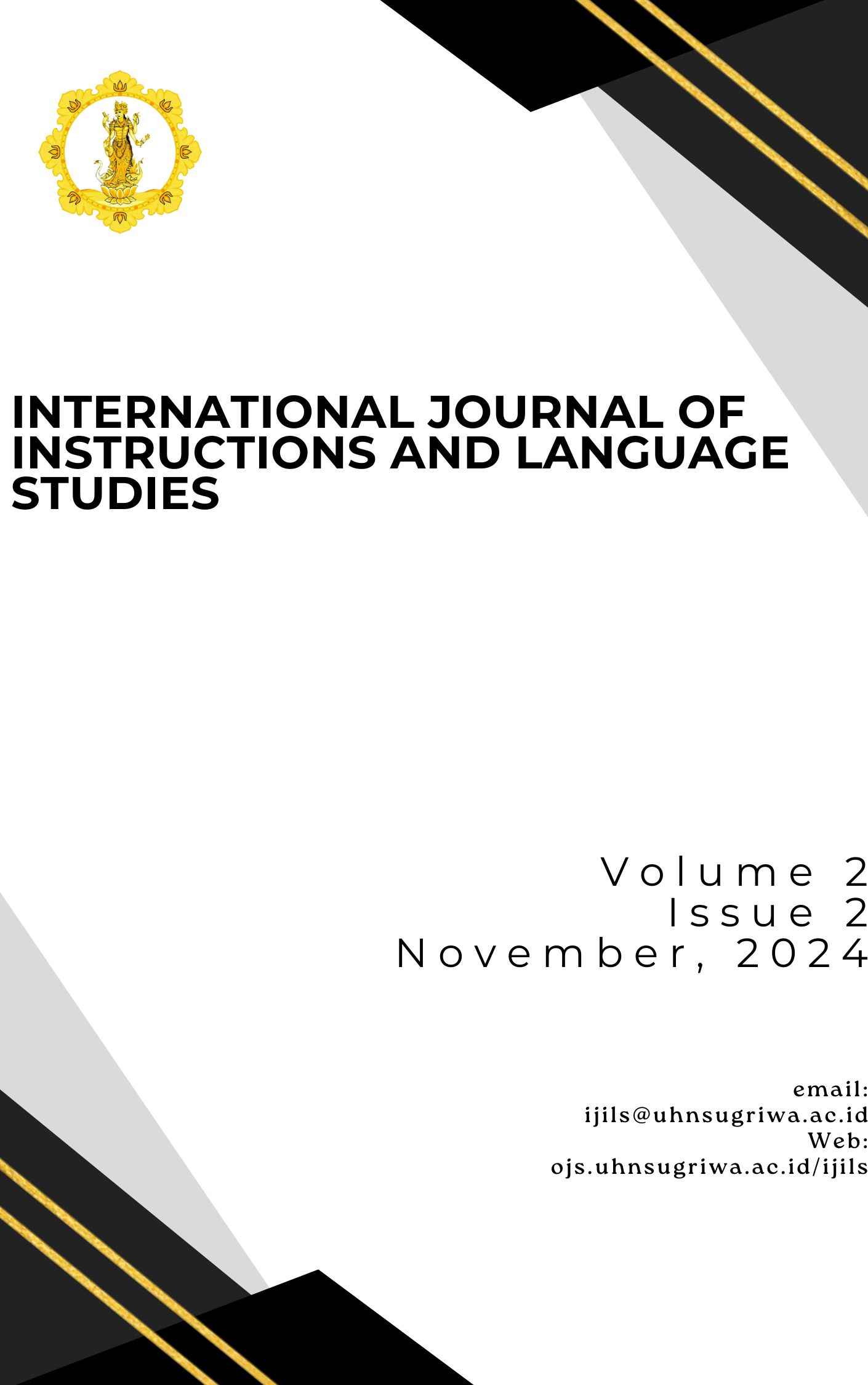Implementing Problem-Based Learning Model to Improve Students Civic Education and Citizenship Learning Outcome
DOI:
https://doi.org/10.25078/ijils.v2i2.3971Keywords:
Keywords: activities, learning outcomes, civic education, problem-based learningAbstract
The low learning outcomes in civic education and citizenship among fourth-grade students at SDN SN Kebun Bunga 4 Banjarmasin can lead to the suboptimal development of critical thinking abilities and skills in students. If this issue is not addressed seriously, it can have an impact on the failure of moral, ethical, and character development in students. The root of this problem lies in the abstract, conventional, non-varied, monotonous, teacher-centered nature of the learning process, which does not involve critical thinking activities, causing students to tend to be passive in the learning process. This research aims to describe the improvement in the quality of teacher activities, analyze the increase in activities and learning outcomes of fourth-grade students after implementing the Problem Based Learning model at SDN SN Kebun Bunga 4 Banjarmasin. The approach used in this research is qualitative, with the type of Collaborative Classroom Action Research (CCAR) conducted over two sessions. The research data consists of qualitative data obtained through observations of teacher and student activities. Subsequently, quantitative data was obtained from evaluation tests. The research results show that the quality of teacher activities increased from 69% in the first session to 88% in the second session. Student activities increased from 65.4% in the first session to 93.4% in the second session. Student learning outcomes improved from 62% to 86%. Based on the research findings, it is concluded that the Problem Based Learning model is capable of significantly improving teacher and student activities as well as learning outcomes.




